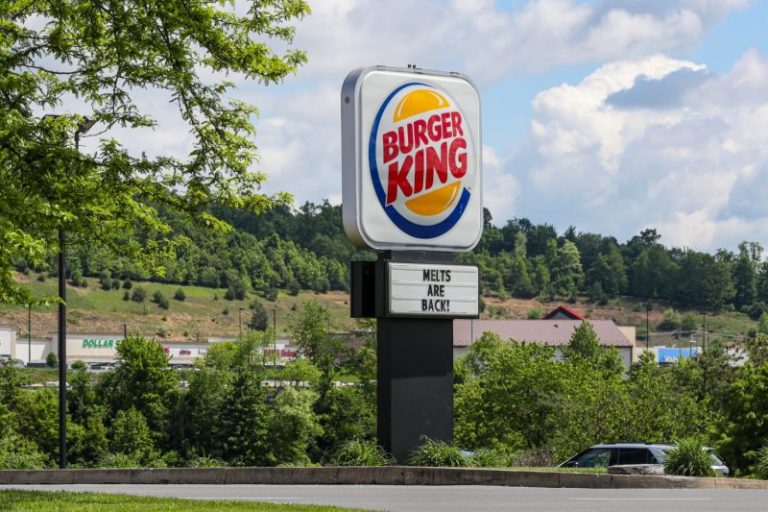Energy bills across the United Kingdom will drop by 7% from July 1, following a decline in wholesale gas prices, according to new figures from the energy regulator Ofgem.
The cut to the price cap, announced on Friday, will lower annual bills for a typical household paying by direct debit to £1,720 — a modest but welcome reduction amid the broader cost-of-living squeeze that continues to grip the country.
The move marks the end of a series of quarterly price increases, but energy bills are still expected to remain elevated by historical standards.
While consultancy Cornwall Insight does not anticipate a dramatic hike in the coming winter, it has forecast only a minimal rise in the next price cap review, suggesting little relief ahead for households already struggling.
Bills remain well above pre-crisis levels
Despite the latest cut, energy bills remain significantly higher than in previous years.
In 2019, the first year Ofgem introduced the price cap, the average annual bill stood at £1,137.
Today’s adjusted figure of £1,720 represents a 51% increase over six years.
Ashton Berkhauer, energy expert at MoneySuperMarket, said the figures highlight how entrenched the rise in energy costs has become.
“Even after this drop, we’re a long way from what was once considered normal,” he noted.
Many households are still grappling with the effects of the energy crisis that began several years ago, compounded by the COVID-19 pandemic and the war in Ukraine, both of which caused steep spikes in gas and electricity prices.
Despite Prime Minister Keir Starmer’s election pledge to tackle soaring energy costs, bills today remain roughly 10% higher than when Labour took office.
Source: The Guardian
Ofgem urges households to shop around
Ofgem acknowledged that while the 7% drop in the cap is a positive step, prices remain high by historical standards.
Tim Jarvis, Director General of Markets at Ofgem, advised consumers to consider alternative tariffs or speak with their current providers to secure better deals.
“You don’t have to pay the price cap,” he said. “There are better deals out there. Changing your payment method to direct debit or smart pay-as-you-go could save up to £136 a year.”
Jarvis added that longer-term reforms are needed to stabilise prices and achieve energy security.
“We’re working closely with the government to get the investment we need to reach our clean power and net zero targets as quickly as possible,” he said.
Pressure builds on government amid volatile energy market
The government has come under renewed pressure to provide more targeted support for low-income and vulnerable households, with experts warning that wholesale prices remain highly sensitive to geopolitical and economic shifts.
Though British gas prices have fallen nearly 30% since the start of the year, they have edged upward again in recent weeks, highlighting the market’s inherent volatility.
Cornwall Insight attributed the most recent drop in prices to several short-term factors, including warmer-than-average temperatures and international developments such as the easing of European gas storage regulations and newly announced US trade tariffs.
Dr Craig Lowrey, principal consultant at Cornwall Insight, cautioned that relief may be fleeting.
“This fall in the price cap is undoubtedly welcome news for households, offering a degree of relief at a time when many are grappling with high living costs,” he said.
But while it’s important to celebrate the small wins, the energy market remains unpredictable. Global events can quickly reverse the current trend.
Energy suppliers, too, have warned against assuming the worst is over.
EDF Energy said that the market remains “incredibly volatile” and that further action is needed to support the most at-risk customers.
The company urged the government and regulator to implement long-term solutions to insulate the UK energy system from international price shocks.
Other utilities add to household cost burden
While energy prices are set to fall in July, water bills have surged sharply.
From April, average water bills in the UK increased by 26% — the steepest annual rise on record.
The rise has been attributed to investment in critical infrastructure and efforts to tackle the growing public backlash over water leaks and sewage pollution.
These parallel increases have left households facing a broader utility squeeze, even as headline inflation begins to stabilise.
The post Energy price cap to cut bills by 7% from July, but households still under strain appeared first on Invezz




